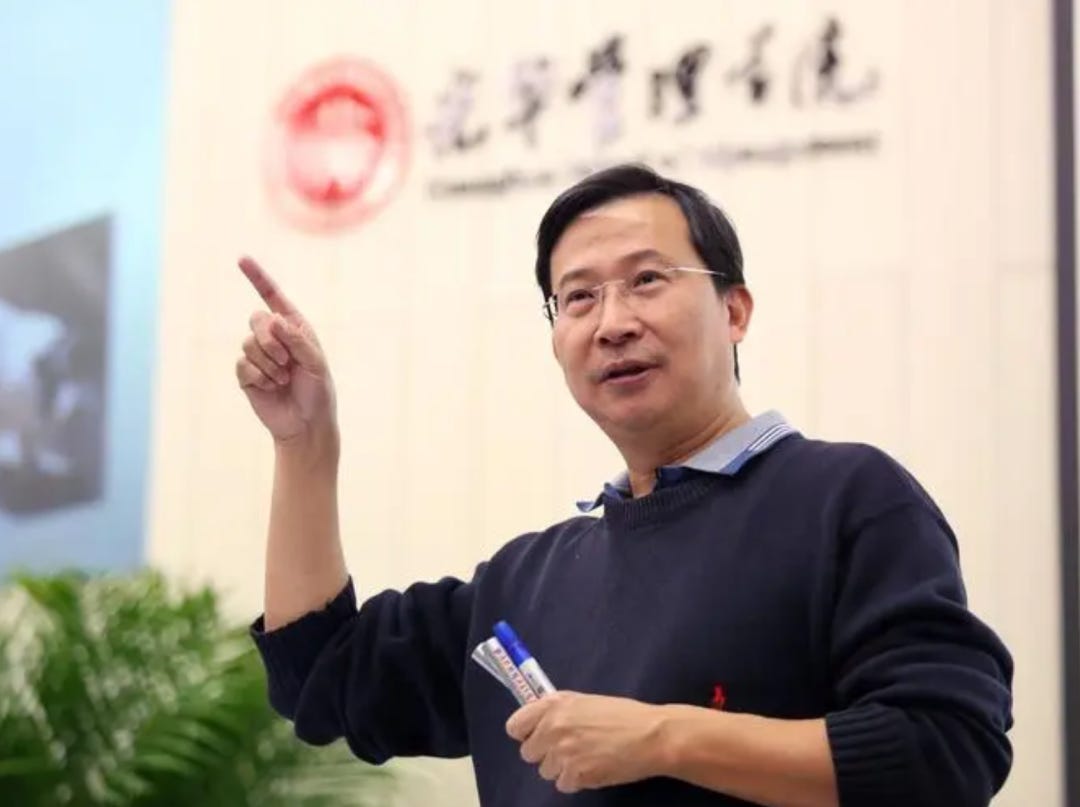Should Chinese students study abroad?
A article by Rao Yi, a biologist, member of the Chinese Academy of Medical Sciences, President of Capital Medical University
Author's Bio: Rao Yi, a biologist, member of the Chinese Academy of Medical Sciences, professor, and doctoral supervisor at Peking University and Capital Medical University, President of Capital Medical University, and a board member of Westlake University.
Text:
There has been a peculiar argument criticizing the fact that many graduates from Peking University and Tsinghua University choose to study abroad, suggesting that this amounts to educating talent for foreign countries.
This peculiar argument is reminiscent of various arguments during the period from 1966 to 1975. Back then, university students were criticized for not being able to distinguish wheat from leeks, not being able to build houses, and not being able to farm.
In the 1960s, both the world and China had diversified roles. If all university students specialized in distinguishing wheat from leeks, engaged in building houses, and farming, China would not progress but regress. The accusations at that time were essentially an emotional outburst against those considered less capable.
Today's Chinese university students certainly have various roles to play in different fields within China. However, after Chinese students graduate, they can also choose to study abroad or even work abroad. Accusations made today are similarly emotional outbursts against those considered less capable.
Firstly, choosing where to study and work is a fundamental human right, and individuals have their own choices based on their abilities, interests, and aspirations.
Secondly, Deng Xiaoping advocated openness and foresaw that even if a small number of Chinese students chose not to return to China after studying abroad, it would still be beneficial for the country's development. History has proven Deng Xiaoping's vision and magnanimity to be correct.
Thirdly, in today's China, we should recognize that international students have a multifaceted and profound impact. We should acknowledge that a portion of overseas Chinese, who will always reside abroad, can indirectly influence China's global standing and environment. If conflicts arise that we would all rather not witness, having Chinese communities abroad can prevent the demonization of our people, as they would not be perceived as a monstrous entity by their neighbors. Following such conflicts, the Chinese community might play a role in restoring relationships, much as Chinese people did in promoting Sino-U.S. relations in the 1970s. In this regard, we could learn from the Jewish community, encouraging Jewish people to work in Israel but not imposing it.
Fourthly, more and more individuals will return to China full-time, while some who do not return may lean toward nurturing more students who will return. This long-term effect is valuable.
Fifthly, in terms of human development, it is possible that our country's interaction with the international community will have eternal significance. Even when China is fully advanced, there will still be value in these exchanges. Thus far, exchanges have been essential for our learning. In the future, the proportion of other aspects will naturally increase.
National development is multifaceted, and how talents ultimately contribute to their homeland and the world varies. If a Chinese individual becomes a Newton or an Einstein, regardless of where they are, global respect for the Chinese will increase.
For our Chinese nation to rejuvenate, it does not require every Chinese person to study and work domestically all the time.
If our mindset is as narrow as that of Trump, we will be scorned by all decent people in the world, and it will affect our national image. The broader our mindset, the better our record in human history will be.


